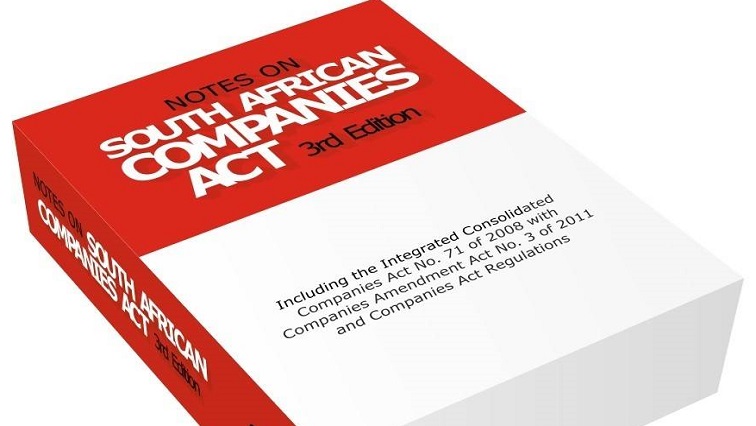Legal experts have advised companies to adapt to the Companies Amendment Act, which was signed into law late last year. Cliffe Dekker Hofmeyr hosted a webinar earlier this week to explain the new amendments.
The Act focuses on the ease of doing business by clarifying, simplifying and strengthening certain sections of the law.
Operational provisions include sections 16, 25, 135 and 204 which companies can now implement.
The Companies Amendment Act, which was published in the Government Gazette on December 27, has now become operational.
The amendments have been described as a “significant milestone” in South Africa’s corporate law by the Department of Trade, Industry and Competition.
They aim to make it easier to do business, increase transparency, and address income inequality.
Corporate lawyer for corporate and commercial at Cliffe Dekker Hofmeyr, Roxanne Bain, says there’s been an easing of compliance burden on companies.
Roxanne Bain from Cliffe Dekker Hofmeyr explains, “So we see that, for example, something that companies do every day, they lend money to their subsidiaries. The companies that they own 51% of. And that’s something that used to have a lot of requirements, and now that’s actually been done. So the law has said that if you lend money to your subsidiary, you no longer have to comply with all those requirements, which is great. A very welcome change. There’s also been a lot of confusion about certain provisions in the Companies Act for many, many years. That confusion has now been cleared up. For example, something that companies do routinely is to amend their MI. This is the Memorandum of Incorporation, which is like their founding charter. They do that with the CIPC and it was uncertain when that actually took effect in terms of the Companies Act. So something like that has been clarified, which is great.”
Companies urged to adapt to new Companies Amendment Act
Bain says the best way for companies to prepare to be compliant is for them to look at their constitutional documents, including their memorandum of incorporation.
“For example, so often these actors, like the user manual for companies, they set out the provisions of the Act, sometimes word for word, and they say this is what you need to do, and now that the Act has been amended, you may have an MRI that is in conflict with what it says. And so you could get into a bit of trouble there because it’s arguable that you’re actually complying with your MRI. so where the compliance burden has been eased by the act, actually your MRI says something different. So you would need to look at your MRIs to make sure they’re in line with the amendments. It’s a huge exercise, but it’s important,” adds Bain.
Some amendments to the Act are not yet operational and are expected to come into effect during the year.
One of the amendments relates to annual financial statements, which will allow the public access to a company’s annual financial statements.











